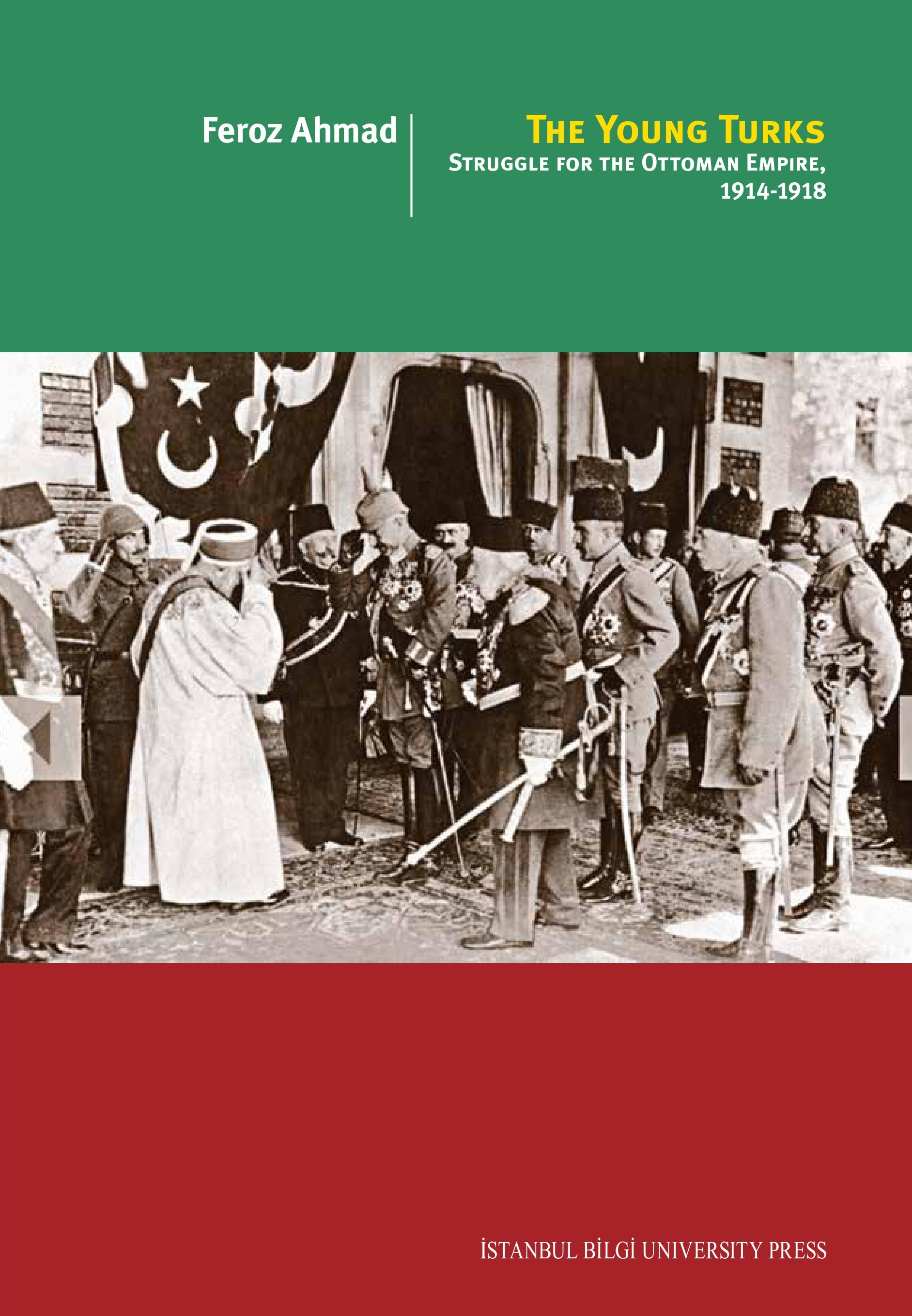
The Young Turks: Struggle For The Ottoman Empire, 1914-1918
The Unionists hoped to do so by avoiding any further wars and ending their isolation by forming an alliance with the Triple Entente composed of England, France and Russia. When they were turndown by the Entente powers, they turned to Germany. Berlin finally signed the alliance after the war had begun in Europe in August. Germany’s reason was ideological: the Ottoman Sultan-Caliph could broaden the war by declaring jihad or “holy war” against the Entente powers, causing Muslims to rebel in British India and Egypt, French North Africa, and the Russian Caucasus._x000D_
_x000D_
Though the Ottomans were allied with Germany, they believed that the alliance did not commit them to enter the war. But their treasury was empty and the economic situation precarious. Only Germany was willing to give loans, but only on the condition they enter the war. Istanbul was forced to submit and entered the war after the Black Sea incident when Ottoman ships –led by a German admiral– bombarded Russia’s ports on 29 October and the Entente declared war on the Ottomans in November. Istanbul declared jihad on the 11th and that turned a European war into a world war, thus extending it by perhaps three years._x000D_
_x000D_
This book is a study of the Young Turks and their struggle to save the Ottoman Empire during the Great War of 1914-1918. It is the sequel to The Young Turks the Committee of Union and Progress in Turkish Politics, 1908-1914.
Prologue
1 The Foreign Relations of the Young Turks, 1908-1914
2 The July Crisis, Armed Neutrality and Intervention: August - November 1914
The Abrogation of the Capitulations
Establishment of a Sovereign State
The Ottoman Road to War
3 Crisis: The Gallipoli Campaign and the Threat to Istanbul, November 1914 - December 1915
Unionist Relations with Armenian and Greek Communities
4 Crisis on the Eastern Front 1916-1917 (5000 words)
5 1917: The Empire Resurgent
6 1917: Resurgence and Demise: March 1917 - October 1918
7 1918: Year of Hope and Despair
Political Liberalization and the Transformation of the CUP
8 Economy and Society: 1914-1918
Epilogue
Bibliography
Index (Name)
Index (General)
Feroz Ahmad
Feroz Ahmad 1938’de Delhi’de dünyaya geldi. Delhi University St. Stephen College’da Hindistan Tarihi eğitimi aldıktan sonra University of London’da SOAS’ta Ortadoğu tarihi çalıştı. 1966’da yazdığı The Committee of Union and Progress in Turkish Politics, 1908-1913 teziyle University of London’da doktora derecesini elde etti.1966-1967’de Columbia University School of International Affairs’te ders verdi ve 1967’de University of Massachusetts Tarih Bölümü’nde ders vermeye başladı. 2002’de University Research Professor ünvanıyla emekli oldu. Daha sonra Tufts University Fares Center for Eastern Mediterranean Studies’te konuk öğretim üyesi ve Fletcher School’da Diplomatik Tarih konuk profesörü olarak görev yaptı. 2005’ten itibaren Yeditepe Üniversitesi Uluslararası İlişkiler ve Siyaset Bilimi Bölüm Başkanlığı görevini yürütmekte olan Ahmad’in Osmanlı’nın son dönemi ve modern Türkiye üzerine Türkçe’ye de çevrilen bazı eserleri şunlardır: İttihat ve Terakki (İstanbul, 1971,1984,1986,1994); Türkiye’de Çok Partili Rejimin Açıklamalı Kronolojisi (Bilgi Yayınevi, Ankara, 1976, Bedia Ahmad ile birlikte); Demokrasi Sürecinde Türkiye (Hil Yayınları, İstanbul, 1994) ve Modern Türkiye’nin Oluşumu (Sarmal Yayınevi, İstanbul, 1995),(gözden geçirilmiş baskısıyla: Kaynak Yayınlar, İstanbul,1995). Bunların yanı sıra Türkçe’ye çevrilen bazı makaleleri İttihatçılıktan Kemalizme (Kaynak Yayınları, İstanbul, 1985) derlemesinde yer almıştır.
